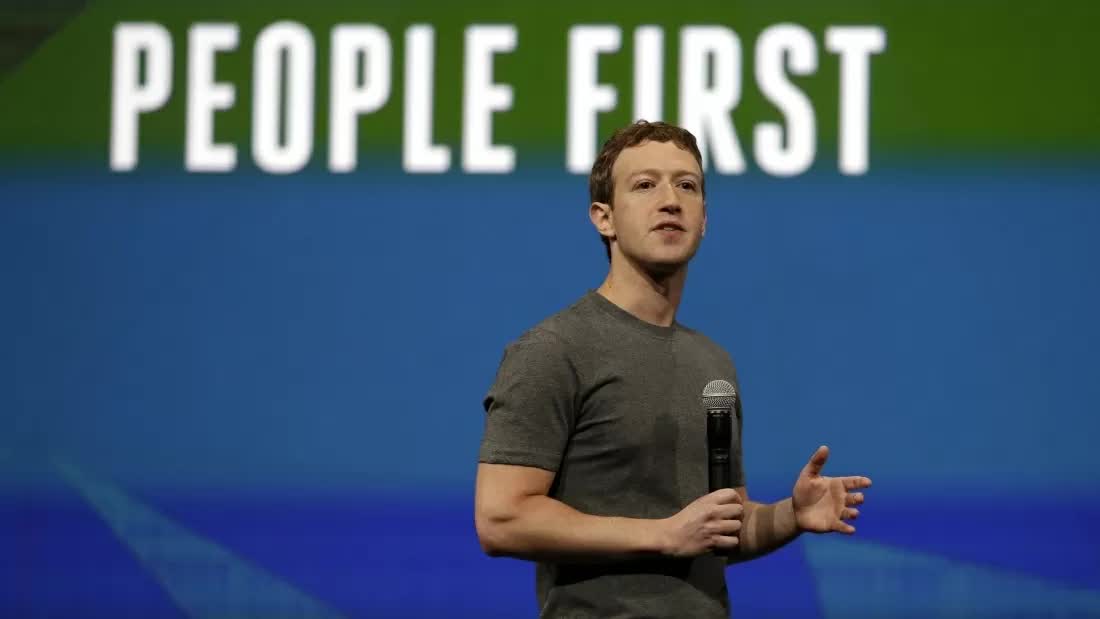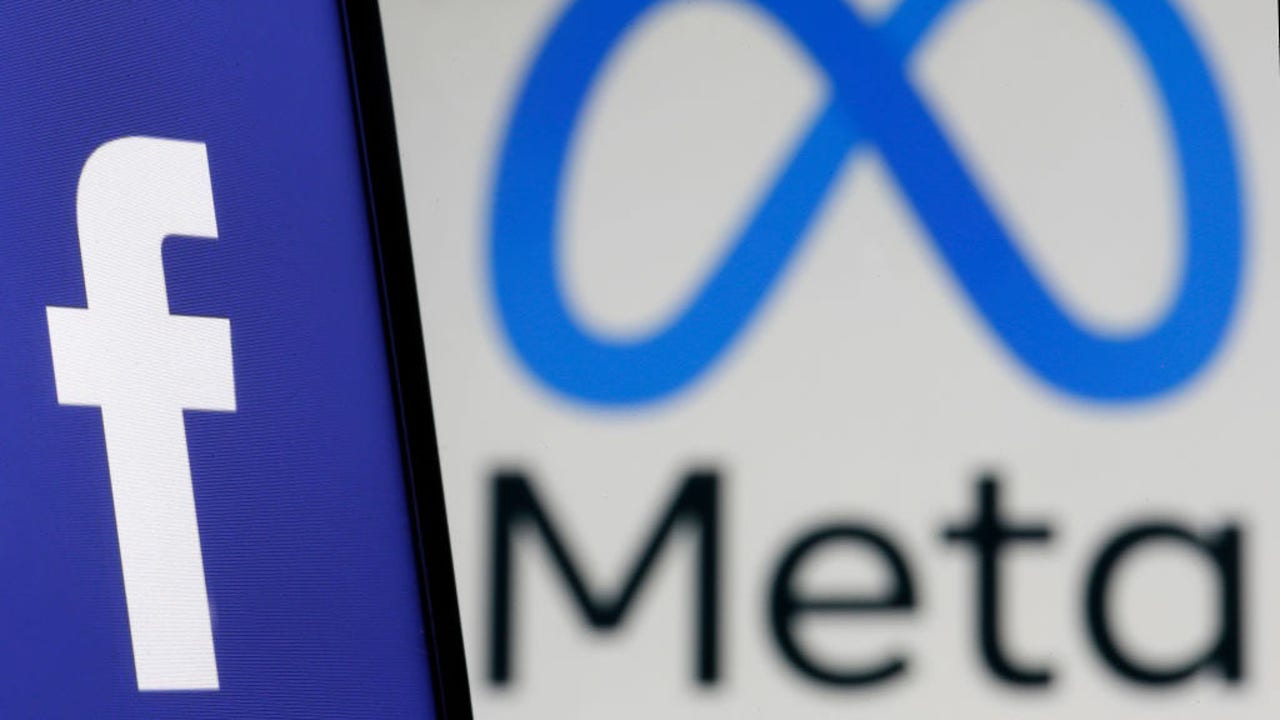I've already stated at the beginning, algorithms aside there is no difference. Add in algorithms, and its only provides you more prominent posting of things you were already shown to be interested in.
Prominent posts aren't generating revenue, advertisement you see on Facebook is generating revenue and selling your data. The only remotely shady aspect is that your data is being mined and sold, and ads are being targeted based off your data.
Prominent posts causing discussion is only creating reaction, and no revenue.
"Algorithms aside" - as if you can selectively separate out fundamental building blocks of a medium and still make any reasonable claim to authoritative statements describing it? Let me see ... "The visual aspect aside, TV is the same as radio." "Immediacy, technologies involved and multimediality aside, email is the same as snail mail." "Size, number of seats, fixed routes and timetables, advertisements and professional drivers aside, buses are the same as cars."
You see how reductive this is, right? How it wildly skews the comparison? How said skewing is entirely arbitrary, based on the criteria left out? After all, all of these things are
comparable, but you're arguing that - and I quote - "there is no difference". This, qiute frankly, is ludicrous. You cannot separate out the algorithmic parts of any modern mass-scale social medium and still claim to speak of it as it exists in the world. You are then speaking of a highly selective subset of the medium that users generally do not interact with, and do not have access to.
You’ve bought in to a narrative to draw your conclusion.
And you haven't? You're here arguing as if sorting and promotion algorithms can just be selected out without major consequences to your understanding of a medium that is fundamentally constructed on top of these.
Your argument is no different than saying we should ban CNN, Fox News, MSNBC, and other news outlets for promoting stories that generate attention more, in a negative manner towards one side or the other.
I don't know if you know this, but most countries regulate their media in some way, through either laws, commonly accepted industry practices, or both, in order to ensure journalistic integrity. These systems differ between countries and regions, and some are more successful than others. I could absolutely agree that US mass media are pretty terrible, and frequently use highly speculative and sensationalist rhetorical devices and presentations in order to gain viewers. I would gladly discuss the reasons why this is with you, but as it's getting quite off topic I'll leave it at the
very abridged version: (essentially) unregulated for-profit reporting in a predatory capitalist system, and the complete disappearance of the societal responsibility of helping create an informed and educated public as a guiding principle for the media (which is again directly and causally tied to for-profit reporting).
Posts generate engagement.
User profiles and tracking of likes / dislikes etc. generate data.
Both in combination provide an outlet for targeted advertisement.
Again: and you haven't bought into a narrative? This is an example of willful ignorance par excellence. You are presenting incredibly complex and highly variable relationships between a host of interlocking actors - users; the posts in question: platform owners; platform moderators; all the various components of the platforms including their perceptual aspects, their sorting and promotion algorithms, their data harvesting, and more; other users/the "audience"; ad buyers/post promoters; and many others - and reducing it to "Posts generate engagement". As if this relationship is remotely linear or even predictable. I mean, come on. Do all posts generate similar amounts of engagement? What are the variables in play, and are they the same in all situations? Do they work the same way in all situations? How does paid promotion of posts play into this? How do advertisements in news feed play into this? How does the system gauge engagement? What does "engagement" even mean? Are all types of engagement equal, and are they of equal value to users?
I’ve never stated otherwise.
But that's the thing: you're presenting such an oversimplified view of this that your takes border on the absurd. You
are thus stating otherwise, as you are presenting a caricature of reality while pretending that this is the same as others here are discussing. The fundamental premises for your approach to this discussion are deeply flawed. And that's ignoring how your approach shows a fundamental ignorance of the past century (or even the past couple of decades) of social sciences and media studies.





